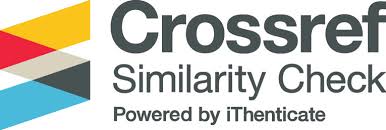THE IMPACT OF HEALTH SUBSIDY ON HEALTH CARE UTILIZATION IN INDONESIA
DOI:
https://doi.org/10.33827/akurasi2021.vol3.iss2.art129Keywords:
National health insurance, health care utilization, Indonesia, health subsidy, impact evaluationAbstract
Equal opportunity and access to health care services regardless of one’s socio-economic background is important for health equity. To achieve this, the Indonesian government introduced a national health insurance program named Jaminan Kesehatan Nasional in 2014 and provided insurance premium subsidies for poor people. The current study evaluates the health subsidy policy’s impact on the utilization of different kinds of health care facilities, both public and private. Two waves of Indonesian socio-economic surveys, namely 2013 and 2018, and two analysis methods, namely logistic regression, and difference-in-differences, were applied in this study. The results show that in first-level health care facilities, the health subsidy improves the probability of outpatient visits in public health centers and polyclinics but decreases the probability of outpatient visits in medical practices. Then, in secondary-level health care facilities, the health subsidy was found to increase the likelihood of outpatient visits in public hospitals; however, it lowers the probability of outpatient visits in private hospitals.







